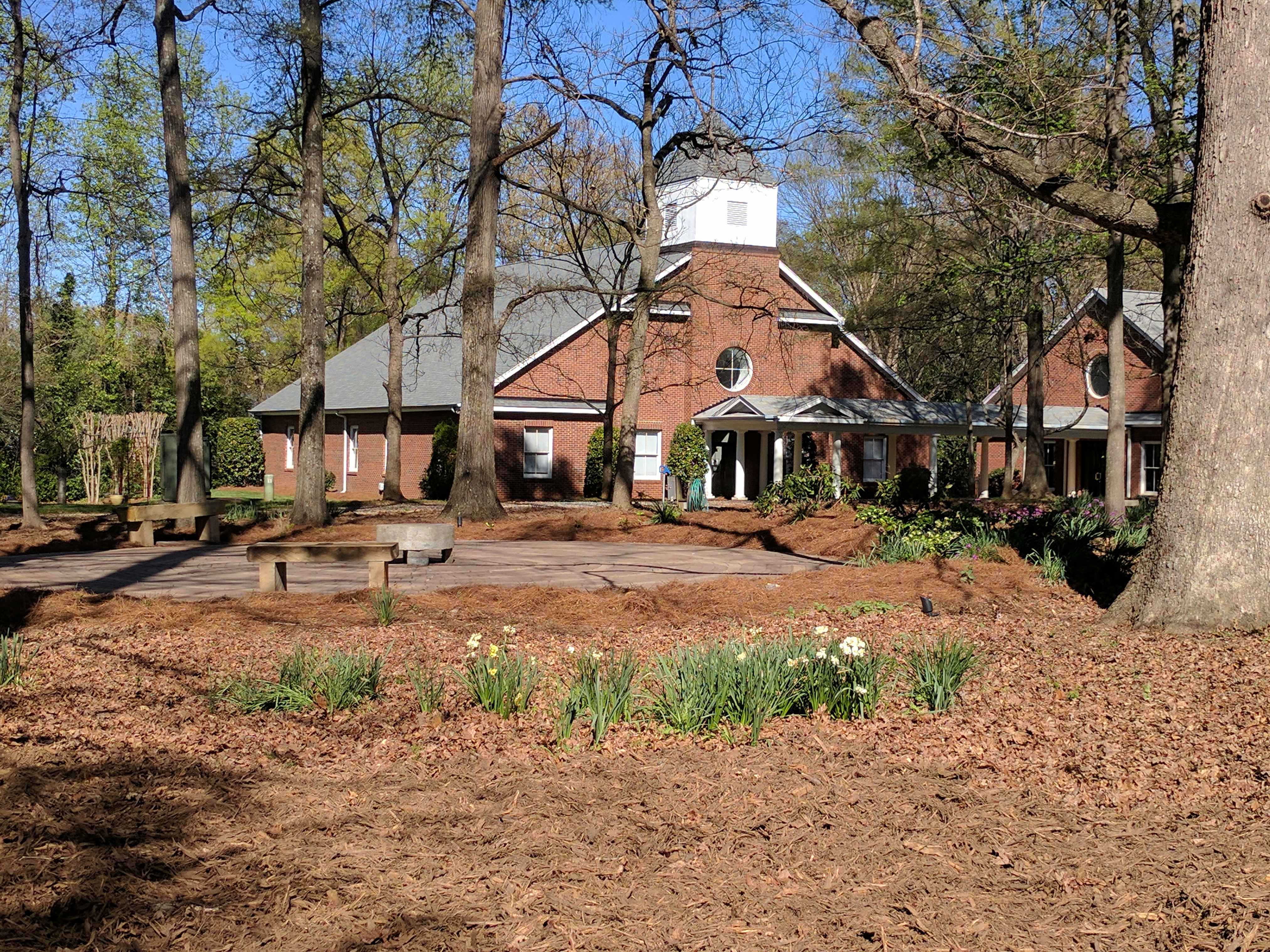Grateful

GRATEFUL
Tillie Duncan
Luke 1:39-50
Dec. 23, 2018
I’m reading Tim Conway’s memoir, What’s So Funny? As a high school student, he played football in spite of his small stature. One evening he was injured in a game. A fellow teammate, helmeted head first, ran full force into the middle of Tim’s back. As this was the mid 1940’s, no medical personnel rushed out to the field where he lay. As Tim continued to lie there, the coach finally came out and said, “Come on, get up. Show them you can walk it off.” “I couldn’t even talk, let alone walk,” wrote Tim, “so the others picked me up by the arms and legs and carried me to the locker room.”
By the time the game was over, Tim could talk and shuffle around, so he went to a post game party, where he passed out and was taken to the hospital. X-rays showed nothing out of the ordinary, so the doctor put a neck brace on him and sent him home. After three weeks he was back to playing football.
Mid-life back problems brought the incident back into Tim’s memory when his physician told him that he, at sometime, had had a broken vertebra. Hearing Tim’s story, the doctor said, “Probably the guys moving you stretched the vertebra back into place; I assure you, you came very, very close to being permanently disabled.”
“Ever since that incident on the football field, which might have altered the course of my life, Jesus and I have stayed in constant touch. I never stop saying thank you,” writes Tim.
The joy that Mary and Elizabeth exhibit is indicative of their gratitude. They’re grateful for their pregnancies and for their kinship. Mary is overwhelmed by her experience, feels a great need to share her joy and hurries to visit Elizabeth. They hug each other, hold hands and dance, laugh, and sing. They never stop saying “thank you” to God and to each other. “My soul magnifies the Lord; my spirit rejoices in God.” In the ancient world praise for and accolades offered were components of gratitude.
The word “grate,” G-R-A-T-E, is no longer in use except as it is preserved in “grateful.” It comes from the Latin “gratus,” which means pleasing, agreeable, thankful. From that same Latin root, we get “grace” and “agree.” Mary and Elizabeth are in harmony over the favor they have been shown. Their exhilaration is showing!
How unexpected! Elizabeth is an old woman and has lived in the shadow of scorn her entire married life because she has not produced an heir for her husband. The shadow of disapproval lingers for now she is too old to be having babies: How inappropriate is that?!
And Mary? She’s a teen-ager in trouble. Unmarried – and pregnant. In her time, her life and the life of her child could have been in danger! If not from a legal death sentence, from being abandoned and left without resources of any kind.
Yet the presence of wonder in the lives of these two women have made them grateful.
Notice that their gratitude binds them together. There is neither resentment nor pride shown by either of these women. They are glad for each other. Elizabeth even acknowledges the primacy of the younger, less socially-accepted Mary — as her son will recognize the primacy of Mary’s son.
Life is tough. Reality is often unpleasant and downright unendurable! It brings unexpected turns, some of which are unwanted. We don’t welcome bad news or difficult circumstances. However, we can live through them being grateful. We can “never stop saying thank you.” Not for the difficulties but for life itself. And it is a difficult discipline to live gratitude in unhappy times. In perilous times. It takes practice to live gratefully and expect nothing in return.
Our oldest son Eric gave up college – and a scholarship—after three weeks to marry. Within a year he had a son and was on the way to divorce. Within a couple of years, his ex-wife falsely accused him of child abuse. It was almost impossible to find something to be grateful about. Yet, when I gritted my teeth and prayed that my thank-you would be sincere, I got through those challenging years.
According to those who study these things, when we live gratefully, our relationships with others improve, our relationship with ourselves improve. We become less self-centered. We sleep better; physical and mental health strengthens. We lose that insatiable longing for more stuff.
There are civic effects of gratitude as well as social. I can’t tell you what happens; I can’t promise you that you will live long enough to profit from the change in power structures. I do know that when we feel something strongly, we are more apt to act. To touch a life in a positive way is a strong force with domino effects.
Part of Mary’s song pictures the domination system being toppled. She uses the past tense as though the tumbling were complete. If our certainty that justice prevails mirrors Mary’s confidence, we will “never stop saying thank you.”
Recent Sermons
Easter Sunday 2025
April 20, 2025
Palm Sunday 2025
April 13, 2025
Our Choices
April 06, 2025


